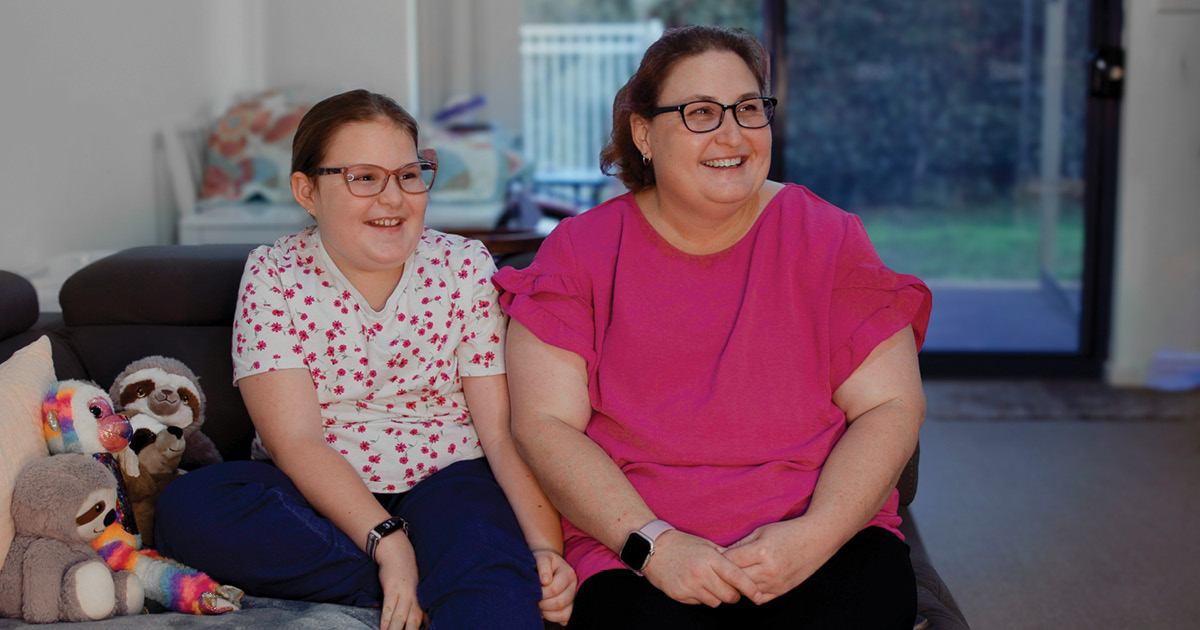Helping children build resilience and cope with the trauma associated with medical emergencies and chronic health conditions is the focus of a promising pilot program being undertaken by The Kids Research Institute Australia.
The intervention program initially helped young people who had suffered burns, with childhood trauma researchers from The Kids’ Embrace team providing mental health support early in patients’ hospital presentation and treatment.
The success of the Wellbeing Project has now seen it extended to support children and young people living with type 1 diabetes (T1D).
It aims to create bespoke community-led and trauma-informed programs that improve the wellbeing of children and families, after promising results from the pilot program for children who have experienced burns.
Childhood trauma senior researcher Dr Alix Woolard said many kids facing medical trauma were getting to a crisis point before they received mental health support.
We’re hoping this can be a good early screen and indicator before they get to that point,” Dr Woolard said. “We know that kids who experience medical trauma do not typically receive mental health support. We have shown that this program works in an acute setting with the burns project, and we expect it will translate to this chronic setting.
“All of the issues we found in the burns project, like being triggered by hospital settings, the change in life circumstances, life being different to how you pictured, or having to recount your story and bring up distressing emotions, these are all issues in T1D as well. We think the Wellbeing Project can improve mental health outcomes for kids and families facing many conditions.”
So far, the transfer of the Wellbeing Project to children with T1D has involved community conversations to gain insight from young people and families affected by T1D into what research they believe needs to be done in the field.
“It’s been a really strong introduction to this new group because the Diabetes Centre is so embedded within the community,” Dr Woolard said.
“This gives us fantastic exposure to ensure our research is as translatable as possible and that we’re doing what this community wants to see done.”
Focus groups will now revise the Wellbeing Project to tailor it to children and families impacted by T1D.
Next steps
- Further consultation with families to ensure the intervention fits their specific needs
- Recruitment of families to be part of the intervention
- Expansion of the burns trial after the successful pilot study
Coping strategies to help Millie get through burns trauma
When Millie Fraser required surgery after spilling boiling hot two-minute noodles on her leg, the then eight-year-old found the experience very traumatic.
Her mother, Bethanie Fraser, said her daughter lived with autism and was upset by the experience, which also included the need for spray-on skin. “But she did really well, and it healed really well,” Mrs Fraser said.
While attending a follow-up appointment Mrs Fraser and Millie, now aged 10, were approached to participate in the Wellbeing Project’s burns study.
PhD student Elmie Janse Van Rensburg, a research assistant on the burns project, helped Millie with her emotional regulation, giving her strategies to help her better understand her feelings.
“In the first session, Millie didn’t talk and she made me sit with her, as it was done via Zoom, but as we got further into it, she looked forward to our appointments and she really enjoyed what Elmie was talking through with her,” Mrs Fraser said.
“We were going through the autism diagnosis as well, so it was really good timing, talking about big feelings and emotional regulation at the same time.
She’s able to verbalise her feelings a little better after talking it through, and the reasons behind her feelings a bit more.

